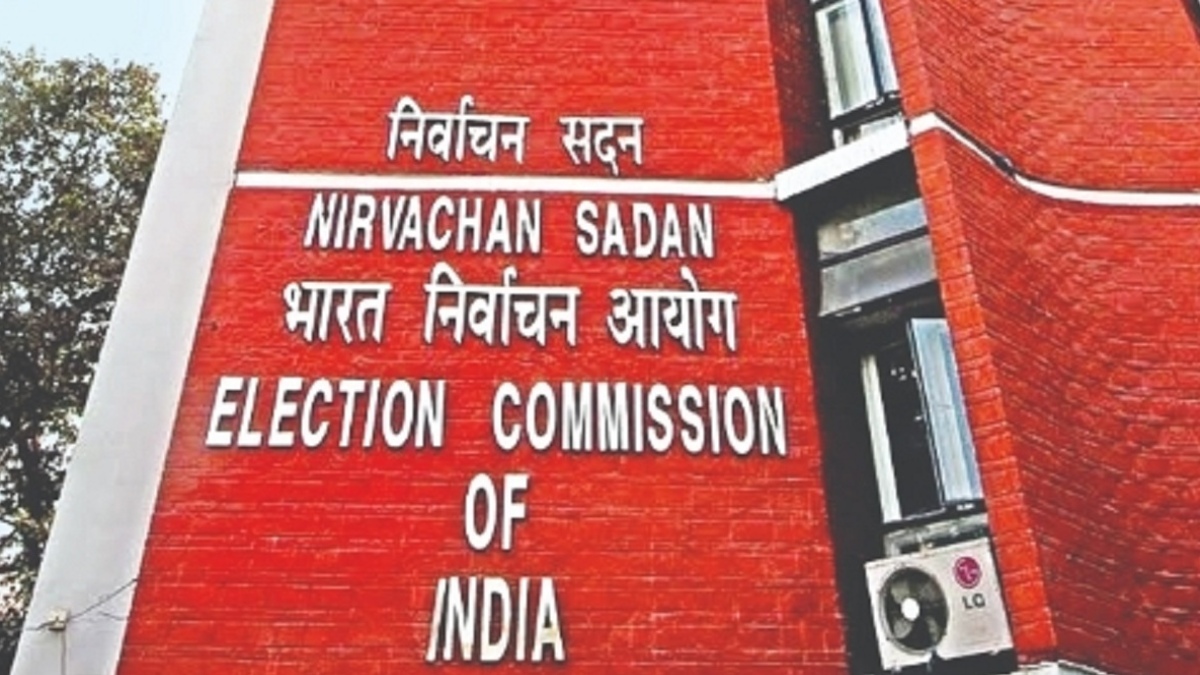


The Law Commission is currently working on a formula to synchronize all assembly elections by either extending or reducing their tenures, with the aim of conducting all state elections alongside the Lok Sabha polls starting in 2029, according to sources on Friday.
The government has already established a high-level panel to explore the possibility of simultaneous elections for the Lok Sabha, state assemblies, and local bodies. The Law Commission may also be tasked with including the third tier of elections in its existing mandate for national and state-level elections.
The sources also mentioned that the Law Commission is formulating a mechanism to establish a unified electoral roll for the Lok Sabha, state assemblies, and local bodies. This initiative aims to reduce costs and the use of manpower, as these entities currently conduct nearly identical exercises separately, which the Election Commission and various state election commissions oversee.
It is to be noted that the Law Commission’s report on simultaneous elections is not yet finalized, as there are unresolved issues.
To synchronize various assembly elections and ensure that both state and Lok Sabha elections coincide from 2029 onwards, the Commission led by Justice Ritu Raj Awasthi may propose adjustments to the tenure of legislative assemblies. A mechanism is also being devised to ensure that once Lok Sabha and assembly elections are synchronized, voters only need to visit the polling booth once to cast their ballots for both elections.
Since assembly and parliamentary elections are conducted in phases, the Commission is working out the details to ensure that voters do not have to visit polling stations multiple times for the two elections.
The Commission believes that assembly and parliamentary elections can be held simultaneously and is focused on working out the logistical details for this significant democratic exercise.
While the Commission’s current mandate is to suggest ways to hold assembly and Lok Sabha elections together, the high-level committee led by former President Ram Nath Kovind has been tasked with recommending the simultaneous conduct of Lok Sabha, assembly, and local body elections (panchayat, municipalities, zila parishad). Considering the terms of reference for the Kovind panel, the Law Commission’s scope may be expanded to include the coordination of local body elections with national and state polls.
One suggestion the Law Commission may propose is holding the three-tier elections in two phases within a year. In the first phase, Lok Sabha and assembly elections could be held, while in the second phase, local body elections could be organized. This approach is considered practical, taking into account the varying climatic conditions in the country.
In August 2018, the previous Law Commission endorsed the Modi government’s proposal for simultaneous elections to the Lok Sabha and state assemblies, arguing that it would prevent the country from being in a perpetual election mode. However, it called for further public discourse on the matter before reaching a final decision. The draft report of the panel also suggested that such an exercise could not be carried out within the current constitutional framework and recommended changes to facilitate simultaneous elections. In April 2018, the law ministry had tasked the Law Commission with examining the issue of holding simultaneous elections to the Lok Sabha and state assemblies.